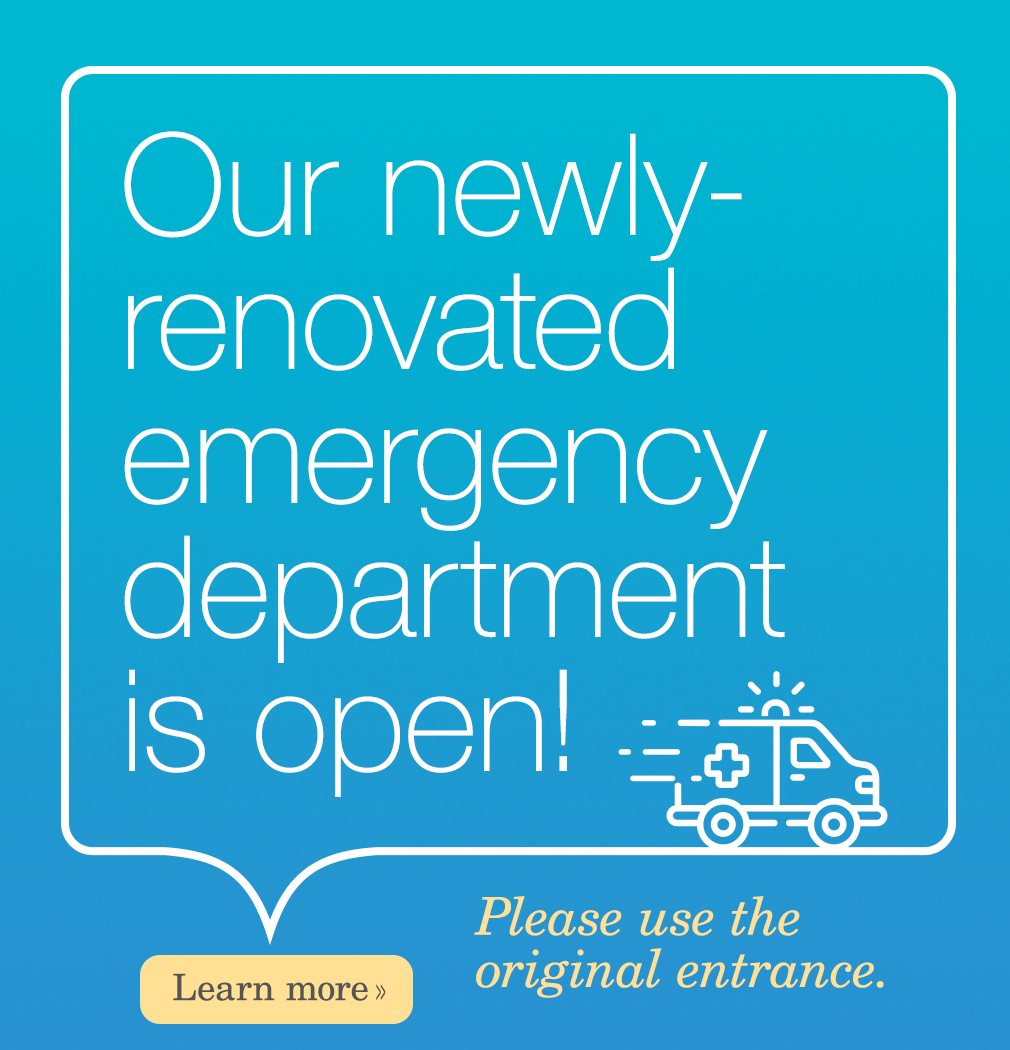Yes. There is a strong range of services available locally to treat, counsel, and support individuals who are addicted to opiates (prescription and street drugs). In addition, there are many collaborative efforts in place and in the works to better address issues related to addiction including housing, nutrition, employment, education, transportation, health maintenance, and drug related crimes. The need is significant: substance abuse is part of the number one priority identified in our area’s Community Health Assessment. The number of individuals seeking treatment continues to grow, so there is more work to be done. Addiction spans all demographics and income levels and is present in every community. It is not “those people,” it is our community. With that, it is important that all of us understand what treatment is available.
Right here in our community, there are a variety of treatment options. Many of our local primary care providers have been trained and have panels of individuals who are recovering from addiction. The Howard Center (located on NMC’s campus at 172 Fairfield Street) provides extensive counseling and referral resources. They are an important collaborative partner in the NMC’s pain and addiction program’s treatment of patients with addictions. When an individual comes to us seeking treatment for opiate addiction, the Howard Center conducts the initial intake assessment and gets the individual started in counseling based on their needs. Patients who demonstrate a commitment through strong attendance at their initial counseling sessions are then referred to a Medication Assisted Treatment (MAT) program. Those patients who are committed then work their way through our three phase treatment plan: induction, stabilization, and maintenance. Treatment is provided by Dr. Bill Roberts or Dr. Ed Haak, RN Care Coordinators in partnership with the Blueprint for Health, Licensed Alcohol and Drug Counselor through collaboration with The Howard Center, and ongoing urine analysis to monitor compliance. Each integrated piece is important on the individual’s path to recovery. By taking this broad-based approach, our team and their partners help individuals address all aspects of their lives impacted by addiction and give them the best possible opportunity for success. There is always opportunity for treatment if people are willing to commit to the treatment plan, so if you know of someone in need, have them reach out. We can help.
For those needing even more intensive services, there are inpatient facilities and a methadone clinic available elsewhere in Vermont. While there would be benefit to having everything in every community, this is a common model for a rural state. Some services require a broader population to be sustainable, so they are often centralized. With the growing need in Vermont for opiate addiction treatment, analysis regarding the feasibility of expanding treatment infrastructure must continue so, when possible, the barrier of distance to treatment can be reduced.
I want to take this opportunity to thank our community for its collaborative spirit and willingness to work together on this issue, with so many playing an important role. The leadership and commitment to a healthier future expressed by Mayor Liz Gamache and other municipal leaders is vital. The support to individuals provided by Turning Point is deeply appreciated. The work of the United Way, Northwestern Counseling & Support Services, the Vermont Department of Health, the Community Justice Center, The Department of Corrections, Tim’s House, Voices Against Violence, the food shelves, law enforcement, and so many other agencies and organizations is so important. The work to create vibrant employment opportunities by the Chamber of Commerce and Industrial Development brings jobs to our community and changes lives. Addiction is a community issue and I am so proud of how the Franklin County community has rallied to address it in a collaborative, holistic manner.
Are you or someone you know involved in addiction? Help is available. Treatment, counseling, and support are available. Reach out. For more information, call our colleagues at The Howard Center at (802) 488-6103 or Northwestern Comprehensive Pain at (802) 524-8809. We can help you live a better life. Call us.
— Jill Berry Bowen, NMC’s Chief Executive Officer

